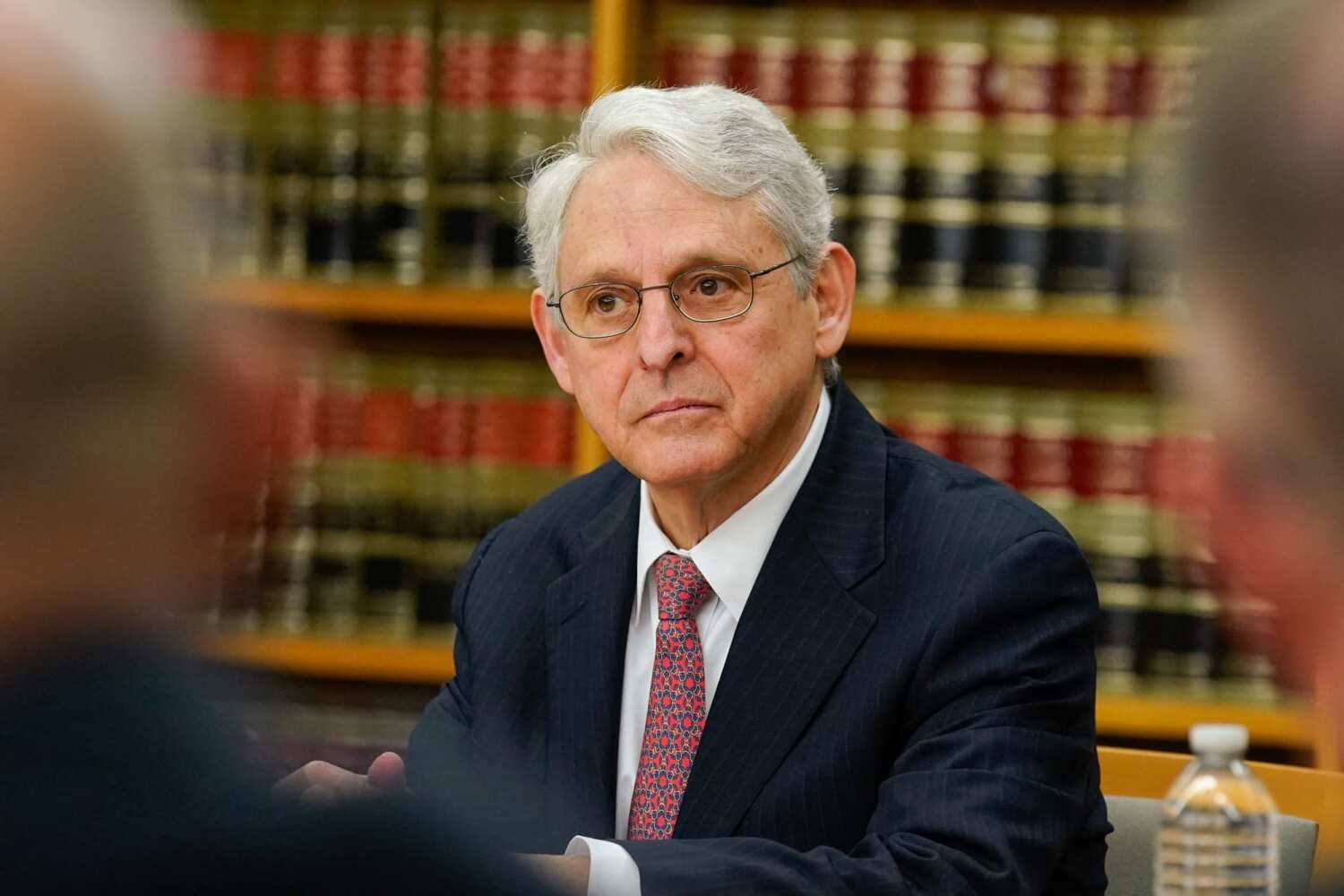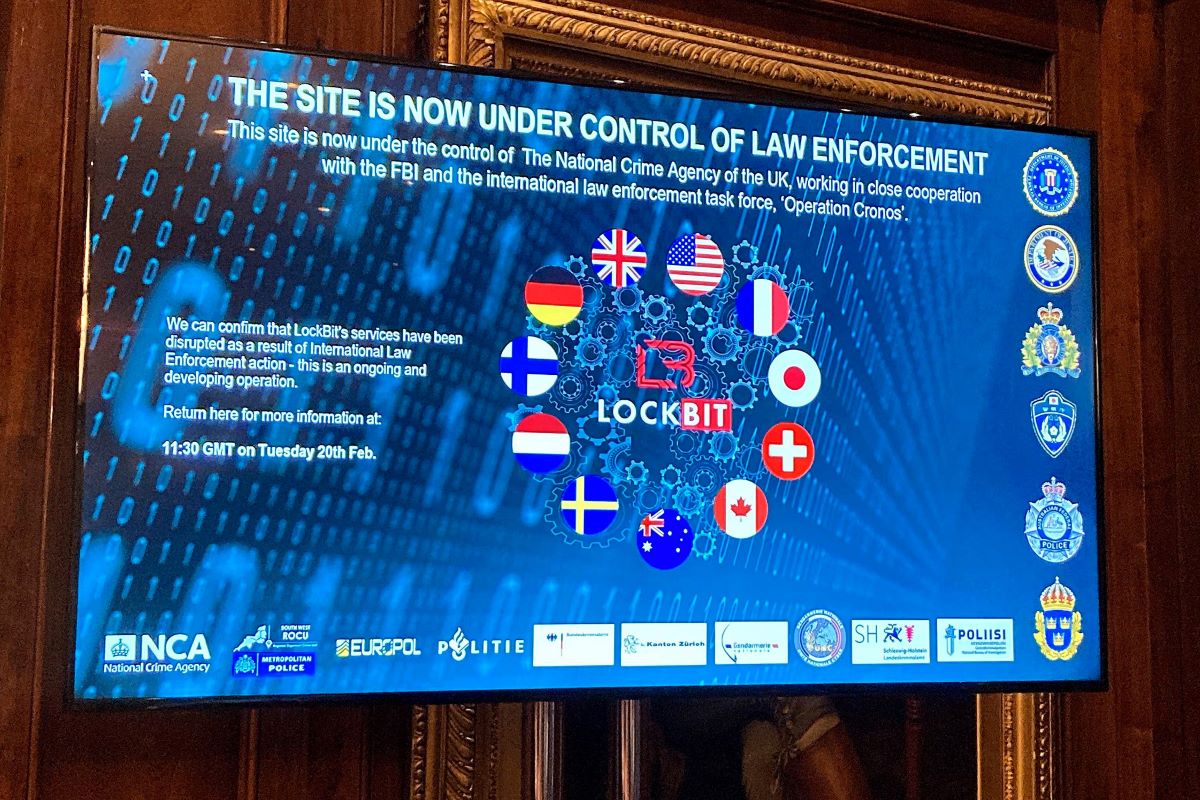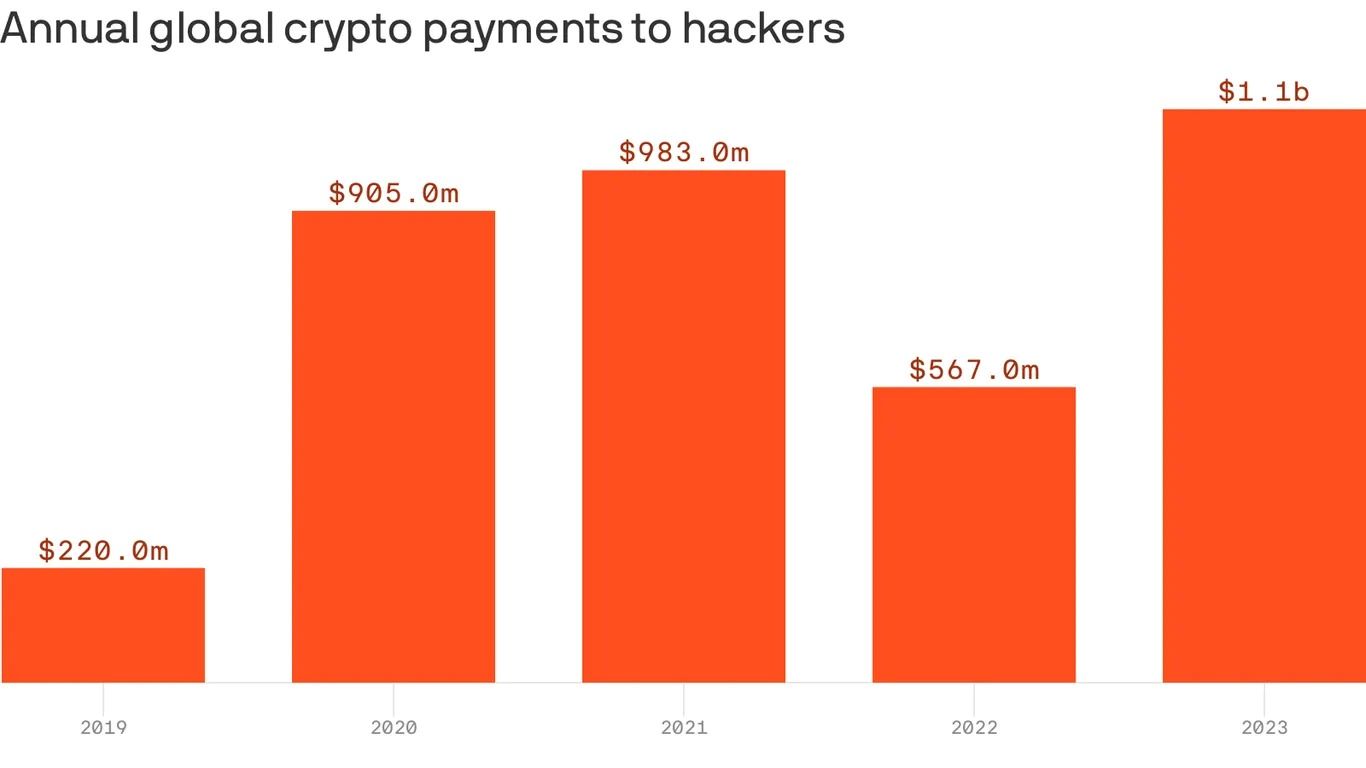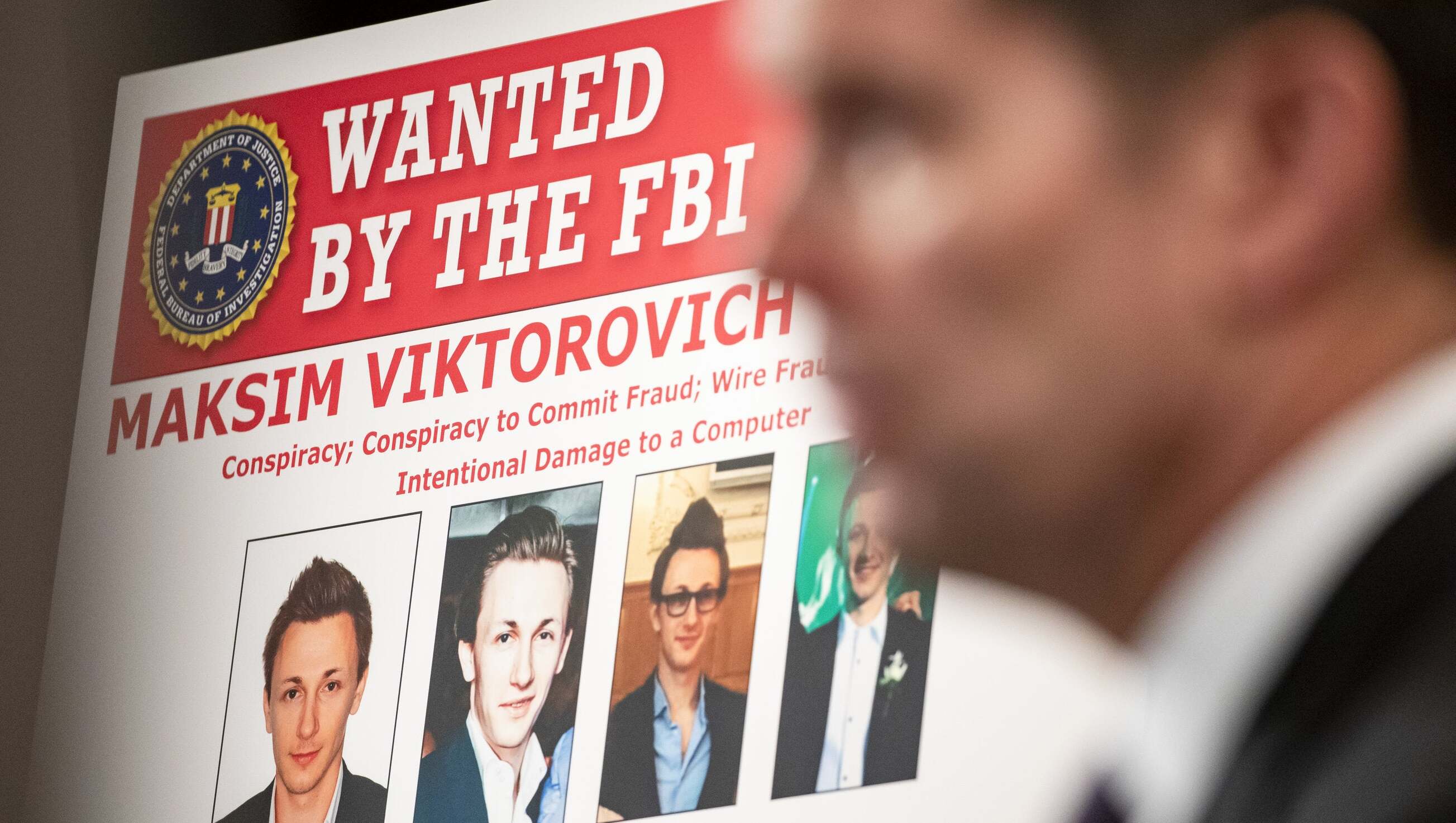The U.S. Treasury and the U.K.’s Foreign Office have recently announced fresh sanctions against 11 individuals believed to be involved in the management and procurement for the Trickbot cybercrime gang. This move comes shortly after both nations imposed sanctions on seven leading members of the gang in February.
Key Takeaway
US and UK authorities have imposed new sanctions on 11 individuals allegedly involved in the management and procurement for the Trickbot cybercrime gang. The Trickbot gang is notorious for its involvement in malware and ransomware schemes, targeting organizations worldwide.
Increasing Pressure on the Trickbot Gang
The U.S. Department of Justice is simultaneously unsealing indictments against nine individuals connected to the Trickbot malware and Conti ransomware schemes, including seven of the individuals designated for sanction. These individuals, who are allegedly linked to Russian intelligence services, have been identified as Andrey Zhuykov, Maksim Galochkin, Maksim Rudenskiy, Mikhail Tsarev, Dmitry Putilin, Maksim Khaliullin, Sergey Loguntsov, Alexander Mozhaev, Vadym Valiakhmetov, Artem Kurov, and Mikhail Chernov.
The U.S. Treasury has stated that the targeted individuals include administrators, managers, developers, and coders who have materially assisted the Trickbot group in its operations. Notably, two of the individuals were responsible for overseeing the gang’s human resources functions.
The Operations and Impact of Trickbot
The Trickbot gang has been attributed to extorting at least $180 million globally and £27 million ($33.6 million) from 149 victims based in the UK, including hospitals, schools, local authorities, and businesses. The group has also targeted U.S. government entities and organizations.
In 2021, Trickbot was linked to a ransomware attack on the Los Angeles Unified School District and targeted three medical facilities in Minnesota, resulting in the diversion of ambulances.
The Significance of Sanctions
Although these sanctions are mostly symbolic due to the limited extradition capabilities of the Kremlin, they have frozen the assets of the 11 individuals and imposed travel bans. Additionally, the sanctioned individuals are prohibited from conducting transactions with organizations in the U.S. and the U.K. Those organizations face consequences if they engage with the sanctioned individuals. These measures are intended to impede the hackers’ ability to launder money associated with their criminal activities.
The imposition of sanctions by the U.S. and U.K. authorities reflects their commitment to addressing cybercrime and holding responsible individuals accountable, despite the challenges posed by international jurisdictions and the anonymous nature of cyber activities.

























